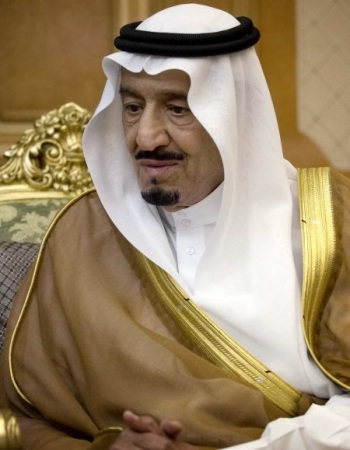The Working Families Party, a union-backed organization whose endorsements are sought after by mainstream Democrats. Let them not bite the hand that feeds them.
The party set up a supposedly profit-making business that supplies services like contact lists and manpower to turn out the vote. The candidates, it is said, pay market rates for the help.
There are two problems. First, the party and the company are one and the same – same address, same employees, same bosses. Second, the party does a lot more to help its candidates. Which the party is entitled to do as long as it acts independently of the candidate – or as long as the value of its assistance stays within strict donation guidelines.
Neither of those appears to be the case, signaling that the Working Families Party has likely funneled big unreported contributions to candidates, most prominently public advocate contender Councilman Bill de Blasio.
*** Enter Senator Elizabeth Warren.
Working Families Party Calls on Elizabeth Warren to Run for President
February 8, 2015
Leaders of New York’s Working Families Party on Sunday urged Senator Elizabeth Warren of Massachusetts to seek the Democratic nomination for president next year, formally calling on her to enter the 2016 race for the White House.
By voting to encourage a Warren candidacy, the Working Families Party became the latest liberal group to support her as a potential primary challenger to former Secretary of State Hillary Rodham Clinton, who has not formally announced that she will seek the Democratic nomination but is the presumed favorite.
Several organizations on the left, led by MoveOn.org and Democracy for America, have already organized a campaign designed to lure Ms. Warren, with her brand of economic populism, into making a bid for the presidency.
“We know a champion for working families when we see one,” Bill Lipton, New York State director of the Working Families Party, said. “The only thing better than watching Elizabeth Warren take Wall Street to task from the Senate would be helping her bring our issues to the center of the national debate.” Ms. Warren, who is beloved among liberals as a fierce critic of what she sees as the abuses of the financial industry, has repeatedly ruled out running for president in 2016. Lacey Rose, a spokeswoman for the senator, reiterated that stance in an email on Sunday. “As Senator Warren has said many times, she is not running for president and doesn’t support these draft campaigns,” Ms. Rose wrote.
The Working Families Party, led by a coalition of activists, liberal advocacy groups and labor unions, deliberated on an early-evening conference call before voting to encourage Ms. Warren to join the campaign. Party officials declined to share the tally of the vote.
The pro-Warren vote comes at a potentially awkward moment for New York Democrats, who have sought to draw their party’s 2016 presidential nominating convention to New York City. Mayor Bill de Blasio has aggressively promoted the bid on the national stage, where Democrats aligned with Mrs. Clinton hold powerful sway.
Although Mr. de Blasio has a longstanding relationship with the Working Families Party, party officials said that neither the mayor nor his staff had played a role in the group’s deliberations involving Ms. Warren.
Several Working Families leaders stressed that the vote was not meant as a rejection of Mrs. Clinton, who twice earned the party’s endorsement as a candidate for the United States Senate.
“It’s a vote in the context of two undeclared candidates for president,” said Ed Ott, former head of the New York City Central Labor Council. “What the Warren vote reflects is that people want a Democratic Party with a spine.”
Javier Valdes, executive director of Make the Road Action Fund, a Latino-oriented liberal group, characterized the vote as a statement of enthusiasm for a competitive primary. “Secretary Clinton has had a strong track record with our community and what we really want here is a strong debate about Democratic values and working family values,” Mr. Valdes, a Working Families Party leader, said.

